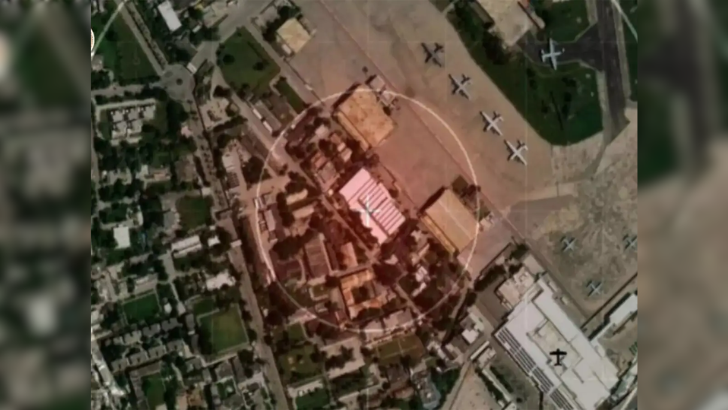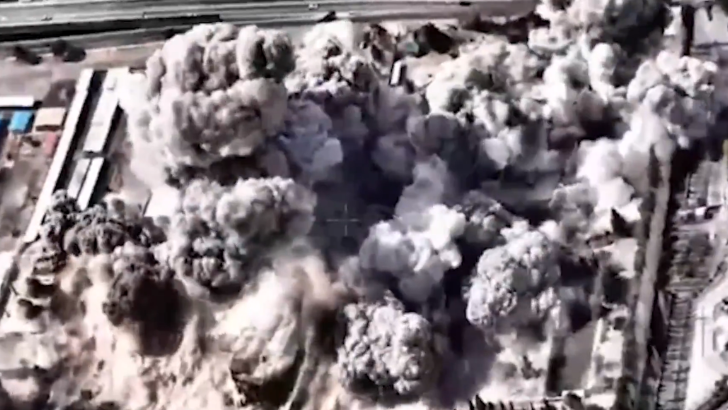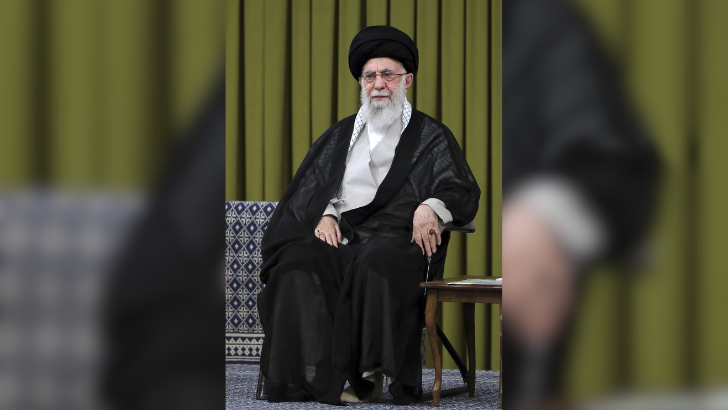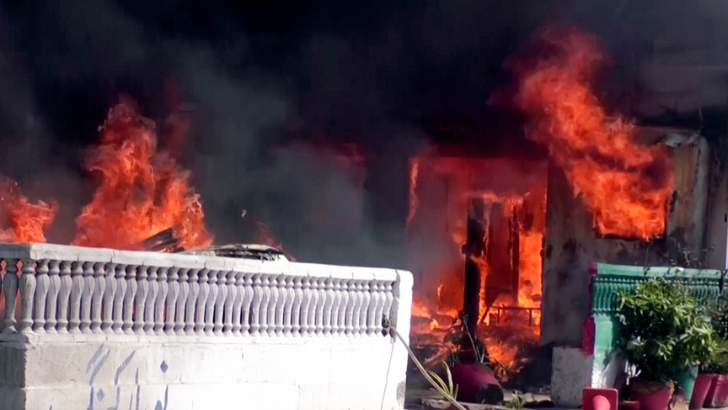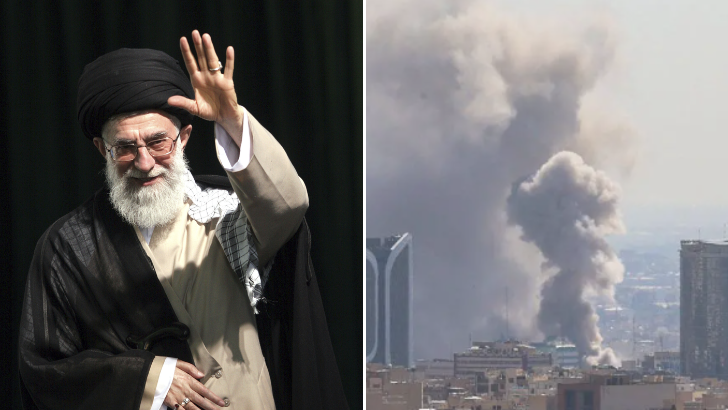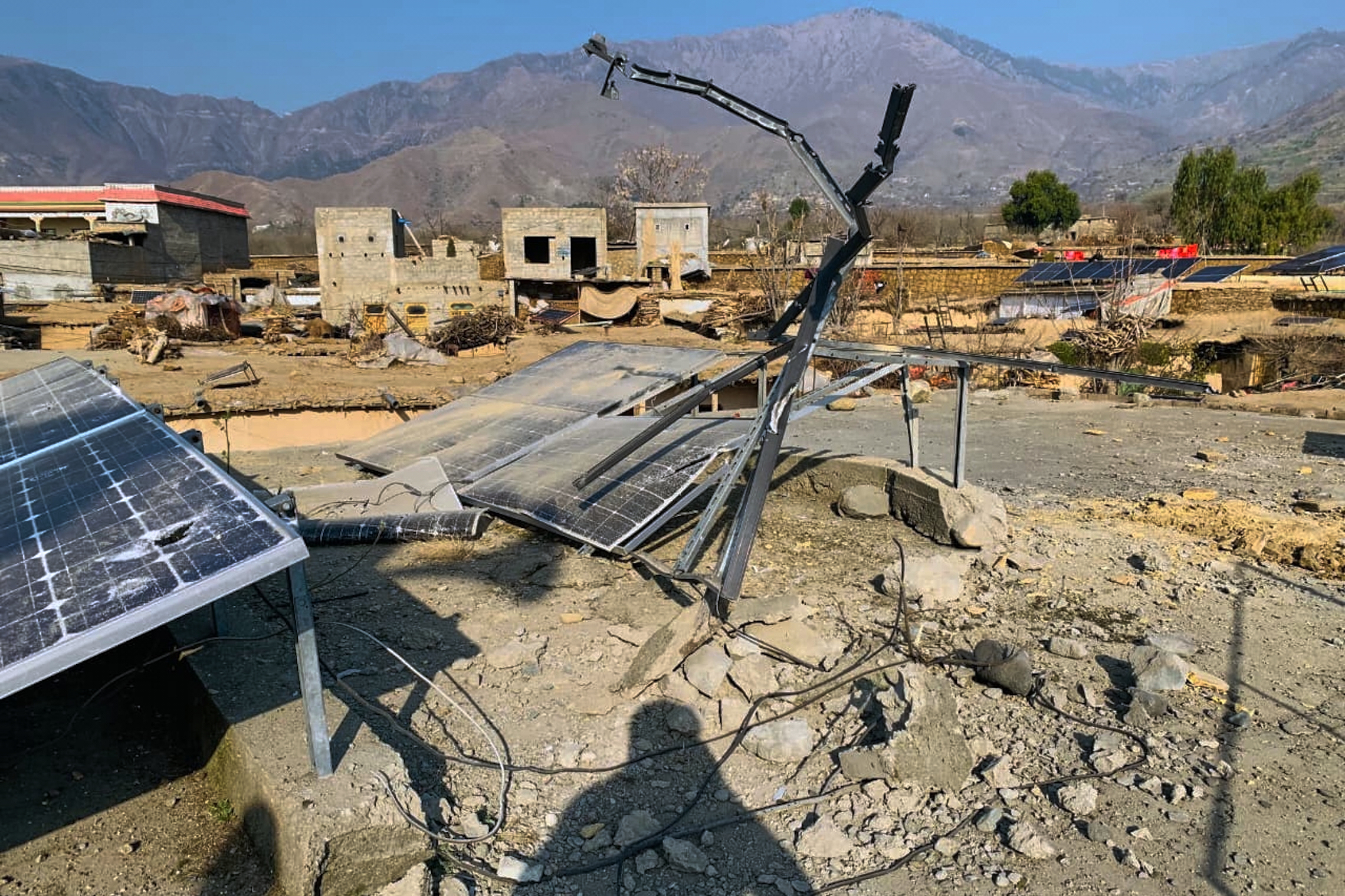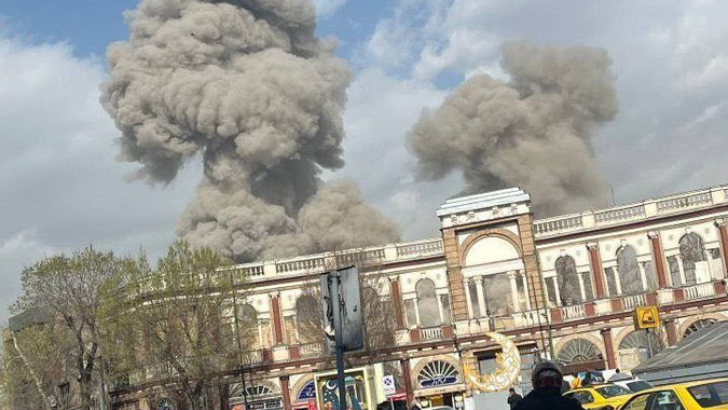None of our business: JD Vance US to stay out of Indo-Pak tensions
US Vice President J D Vance said America won’t intervene in the India-Pakistan conflict, calling it “none of our business.” Amid rising tensions after India’s Operation Sindoor, the US urged both sides to de-escalate and avoid nuclear confrontation.
PTI
-
Vance, Second Lady Usha Vance and their three children were on their first official visit to India when terrorists killed 26 people. (PTI)
New York, 9 May
Amid escalating tensions between India and Pakistan, the US has said it is not going to get involved in a war that's "fundamentally none of our business".
While the US cannot control India and Pakistan, it can encourage the two nuclear-armed neighbours to de-escalate, Vice President J D Vance said in an interview with Fox News on Thursday.
"Look, we're concerned about any time nuclear powers collide and have a major conflict," Vance said when asked how concerned the Trump administration is about a potential nuclear war between India and Pakistan.
Vance quoted US President Donald Trump and Secretary of State Marco Rubio who have said that Washington wants the tensions to "de-escalate" as quickly as possible.
"We can't control these countries though. Fundamentally, India has its gripes with Pakistan. Pakistan has responded to India. What we can do is try to encourage these folks to de-escalate a little bit. But we're not going to get involved in the middle of war that's fundamentally none of our business and has nothing to do with America's ability to control it," the vice president said.
"America can't tell the Indians to lay down their arms. We can't tell the Pakistanis to lay down their arms. And so we're going to continue to pursue this thing through diplomatic channels. Our hope and our expectation is that this is not going to spiral into a broader regional war or, God forbid, a nuclear conflict, but sure, we're worried about these things.
"But I think the job of diplomacy, but also the job of cooler heads in India and Pakistan is to make sure this doesn't become a nuclear war. If it happened of course it would be disastrous. Right now we don't think that's going to happen," he said.
Vance, Second Lady Usha Vance and their three children were on their first official visit to India when terrorists killed 26 people, mostly tourists, in Pahalgam in Jammu and Kashmir on 22 April.
Two weeks after the attack, India launched Operation Sindoor on Wednesday, targeting terror infrastructure in Pakistan and Pakistan-occupied Kashmir.
On Thursday night, India neutralised Pakistan military's attempt to hit military stations in Jammu, Pathankot, Udhampur and some other locations with missiles and drones as tensions soared between the two countries amid fears of a wider military conflict.
After the Indian military foiled the Pakistani attempts, the defence ministry said India remains "fully prepared to defend its sovereignty and ensure the safety of its people".
Earlier on Thursday, Secretary of State Rubio spoke separately with India's External Affairs Minister S Jaishankar and Pakistani Prime Minister Shehbaz Sharif, emphasising the need for immediate de-escalation.
In his call with Jaishankar, Rubio expressed US support for direct dialogue between India and Pakistan and encouraged continued efforts to improve communications.
He reiterated his condolences for the horrific terrorist attack in Pahalgam and reaffirmed the US' commitment to work with India in the fight against terrorism.
In his conversation with Sharif, Rubio reiterated his calls for Pakistan to take concrete steps to end any support for terrorist groups.
In a press briefing on Thursday, State Department Spokesperson Tammy Bruce said Rubio underlined the need for de-escalation in his conversations with Jaishankar and Sharif.
"...at this moment in time, there is like one thing that has to stop, which is a back-and-forth and a continuation of this, and that is what we're focused on right now," she said.
The message from the Secretary of State and from the United States "is that the violence should stop, that military action, war, as we've seen in that region, certainly in the Middle East, has clearly for generations proven that it is not a solution because it never ends.
"There has to be a change in that regard. So obviously, when it comes to solving a problem, this administration has made itself clear, that war, the military, more violence is not a solution. Diplomacy is a solution, new ideas to stop generational violence and problems."
Asked if Rubio offered to mediate between the two countries, Bruce said, "We are not going to be speaking about the details. That is certainly our policy."
The US continues to urge India and Pakistan to work towards a responsible solution. Washington remains engaged with both governments at multiple levels, she said.
The US wants the perpetrators to be held accountable and are supportive of any efforts to that end, she added.
Bruce told reporters that Rubio underlined that the conflict should not escalate.
"Clearly this has been an issue for decades and... with what we saw over the last few weeks after the terrorist attack, it was not surprising but very, very disappointing. But... it should not escalate.
"And communication was fundamentally key, that there should be talks, that there should not be silence and that America obviously was in the centre of this in speaking with a variety of leaders of both countries over the last two days," Bruce said.
Leave a Reply
Your email address will not be published. Required fields are marked *








.png)

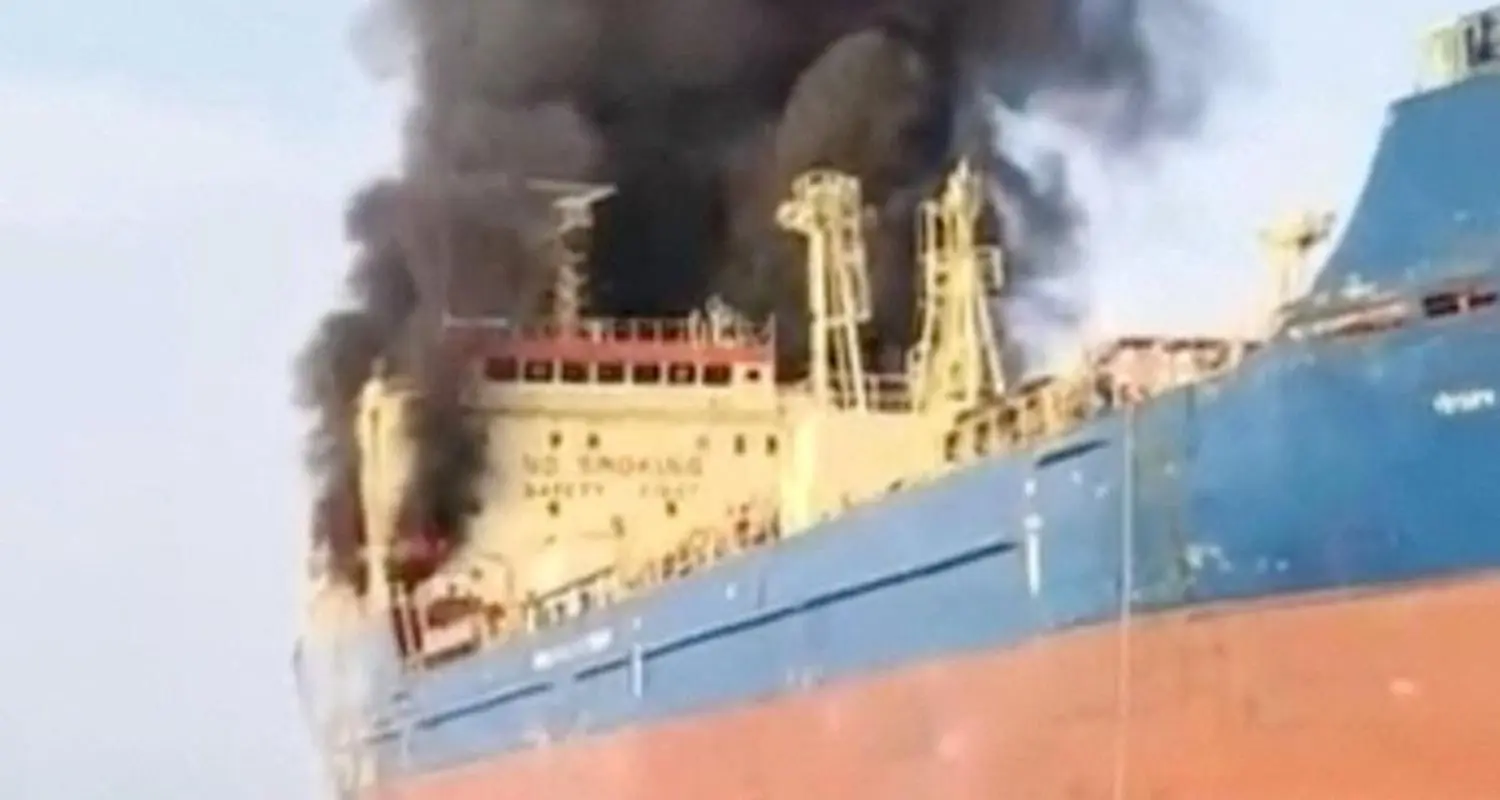
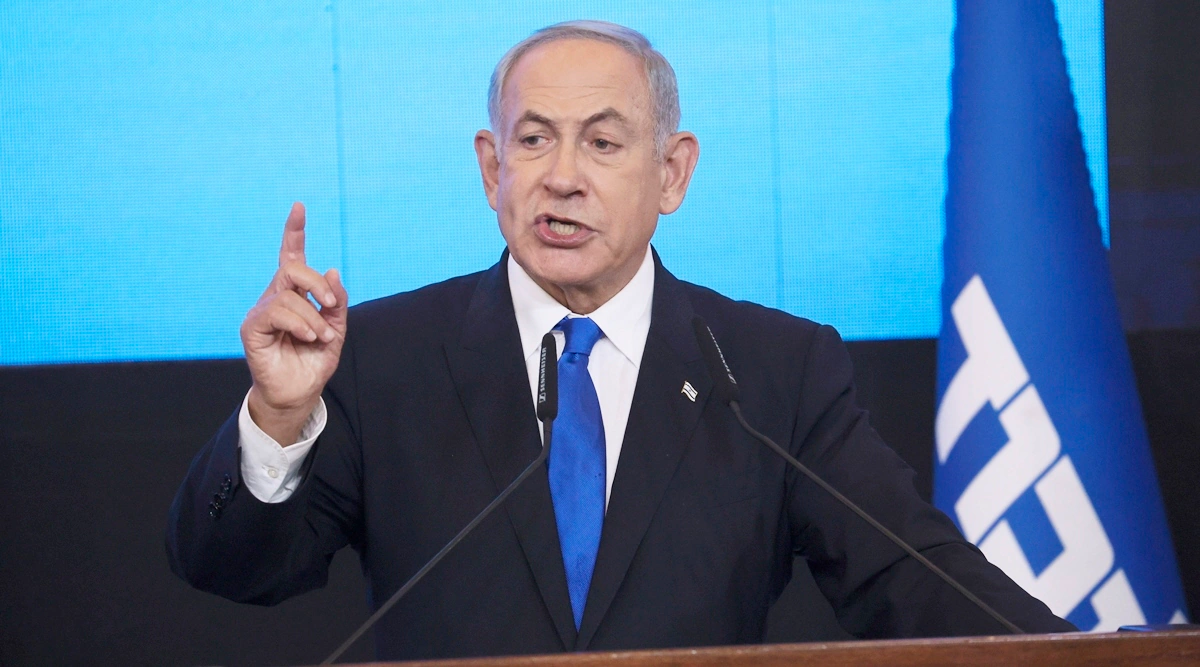
.jpg)
